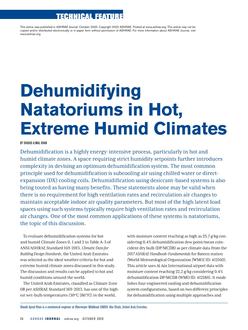Click here to purchase
Global warming, caused in part by burning fossil fuels and presumably unsystematic resource exploitation, has led to an unprecedented environmental emergency. It manifests in global temperature rise, warming oceans, sea level rise, and extreme natural events, among other factors (NASA 2021). According to the United Nations Environment Programme, human activities are the main cause of global warming (UNEP, n.d.). So far, judging by the evident increase in climate instability, actions taken to tackle this issue have proven to be inefficient. To properly attain decarboniation, a new paradigm is required. However, this new mindset may challenge the existing economic foundations —predicted on infinite natural resources —as they are threatened by the concept of “prudent consumption”. As unplanned urban areas grow eagerly, new technological advances emerge, actions are taken to improve energy efficiency, and energy codes become in tune with “ecofriendly” strategies. Most efforts are aimed, though, in funding novel technological investigations that permit the improvement of energy efficiency to minimize greenhouse gas emissions (ASHRAE 2021). However, this technical efficiency-based approach (TEBA) may negatively impact urban settings and aggravate natural resource exploitation. Consequently, more than a systemic tool, it is contended that this solution may only be palliative since the problem’s etiology is not properly confronted. Furthermore, the TEBA by itself does not necessarily impact other equally important community capital assets (Flora 2006, 19-35). In that context, it is important to create awareness of the links between urbanism and worldwide energy use so as to pursue a new decarbonisation approach focused on root causes in concurrence with the application of technology-based solutions. This article examines theoretical frameworks that emphasize improving specific efficiencies without enhancing effectiveness of the ecosystem as a whole, and without effectively address root problems; a condition claimed to be fundamental for establishing long-term solutions. The examined approaches are viewed as reproductions and mutations of the prevailing economic wave —perhaps for maintaining “business as usual” narratives— rather than universal solutions. These palliatives may represent a more complex social and ecological problem in the making.
Product Details
- Published:
- 2022
- Number of Pages:
- 8
- Units of Measure:
- Dual
- File Size:
- 1 file , 4.4 MB
- Product Code(s):
- D-94056-C32
- Note:
- This product is unavailable in Russia, Belarus


